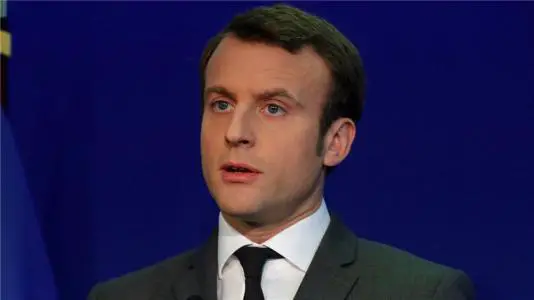The air quality in the Chinese capital Beijing has improved and the city has achieved its anti-pollution goal for 2017. The residents appear to enjoy more clear-sky days with the help of efforts to tackle air pollution.
The Beijing Municipal Environmental Protection Bureau announced at the beginning of 2018 that the average level for PM 2.5 particles was 58 micrograms per cubic meter, down 20.5 percent from the year before.
Beijing blue at Shichahai in the north of central Beijing.
Compared with the PM 2.5 level of 90 micrograms per cubic meter in 2013, the capital city has completed the task of the Air Pollution Prevention and Control Action Plan proposed by the State Council in 2013.
The Bureau also recorded that Beijing enjoyed 226 “good air” days in 2017, 28 more as compared to 2016.
“The government has spared no efforts in improving the air quality and curbing the pollution, the weather has also helped,” Pan Jiahua, director-general of the Institute for Urban and Environmental Studies at the Chinese Academy of Social Sciences (CASS) told CGTN Digital.
He said the priority method is to cut the burning of fossil fuels and produce more renewable resources, like solar, wind and gas energy.
Since coal-heating has been one of the major contributors to smog in the northern part of Beijing in winter, the country aims to switch 70 percent of the northern cities from coal heating to natural gas heating by 2021 in both urban and rural areas, Pan added.
Newly built gas-heating tubes in Haidian District in Beijing.
In 2017, Beijing eliminated 13,000T/h coal-fired boiler and helped 700 counties to complete the task of shifting heating from coal to natural gas, according to the official website of the Beijing Municipal Environmental Protection Bureau.
China’s Ministry of Environmental Protection announced on December 4, 2017 that despite the work on shifting heating from coal to natural gas has not been completed, the government will spare no effort to ensure people have a warm winter.
“The process is a gradual one, we can’t ensure an overnight achievement for the air quality in Beijing,” Pan said, mentioning the “2+26 Beijing-Tianjin-Hebei efforts” to tackle the smog.
Erik Solheim, Executive Director of the UN Environment Programme, praised the achievement of Beijing air quality in 2017.
Other measures the government adopted include, a road-rationing scheme in which private cars with even and odd numbered plates will ply on alternate days, increase environmental scrutiny information transparency and share the burden of Beijing by improving the economic growth in neighboring provinces.
“The recent Beijing blue gives the residents confidence that the battle against air pollution presents a temporary victory,” Pan said, adding that more efforts would be taken step by step for a long-term “nationwide blue”.
(CGTN)
 简体中文
简体中文

